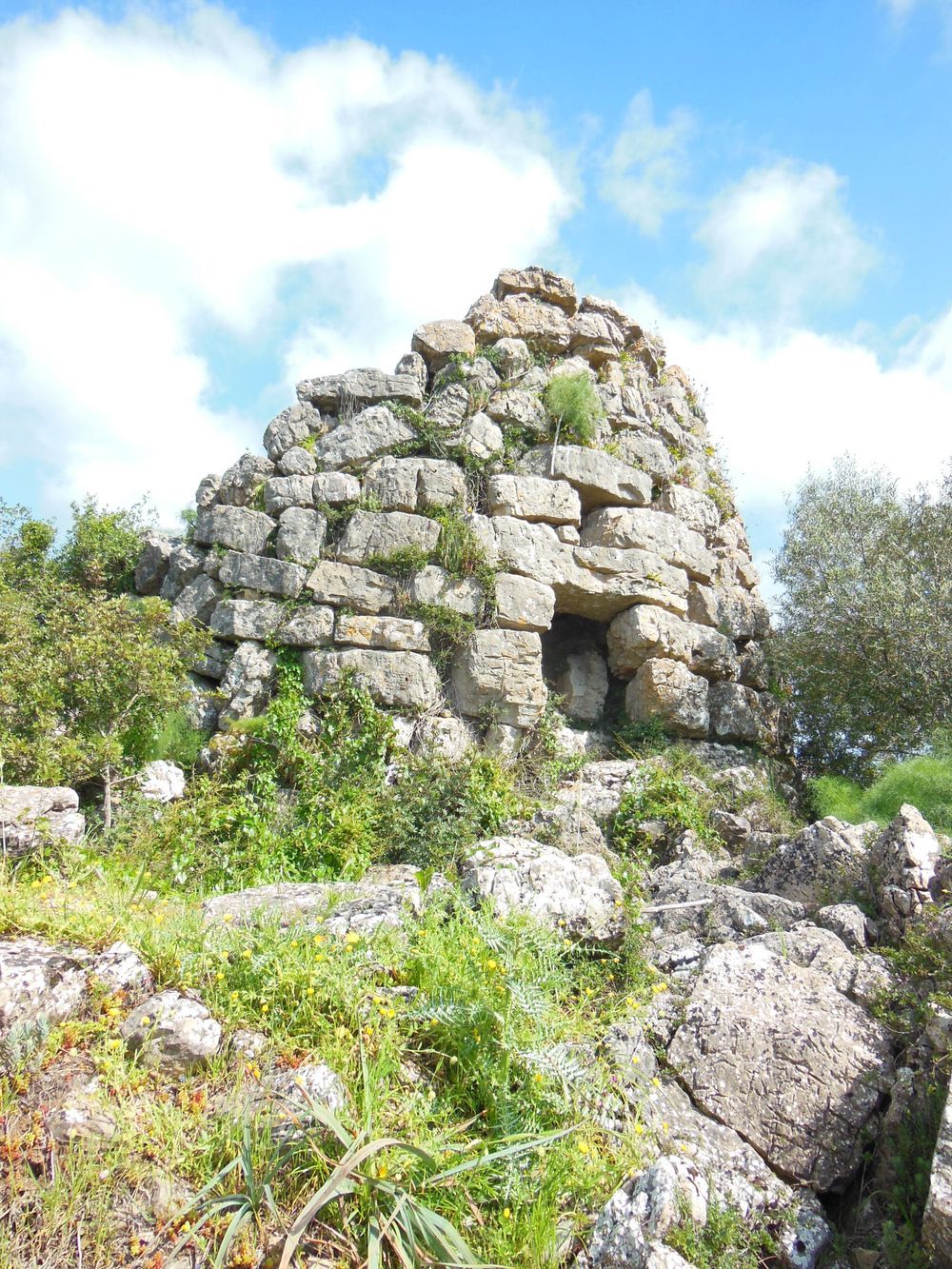A new study of the genetic history of Sardinia, a Mediterranean island off the western coast of Italy, tells how genetic ancestry on the island was relatively stable through the end of the Bronze Age, even as mainland Europe saw new ancestries arrive. The study further details how the island’s genetic ancestry became more diverse and interconnected with the Mediterranean starting in the Iron Age, as Phoenician, Punic, and eventually Roman peoples began arriving to the island.
The research, published in Nature Communications, analyzed genome-wide DNA data for 70 individuals from more than 20 Sardinian archaeological sites spanning roughly 6,000 years from the Middle Neolithic through the Medieval period. No previous study has used genome-wide DNA extracted from ancient remains to look at the population history of Sardinia.
“Geneticists have been studying the people of Sardinia for a long time, but we haven’t known much about their past,” said the senior author John Novembre, Ph.D., a leading computational biologist at the Univeristy of Chicago who studies genetic diversity in natural populations. “There have been clues that Sardinia has a particularly interesting genetic history, and understanding this history could also have relevance to larger questions about the peopling of the Mediterranean.”
